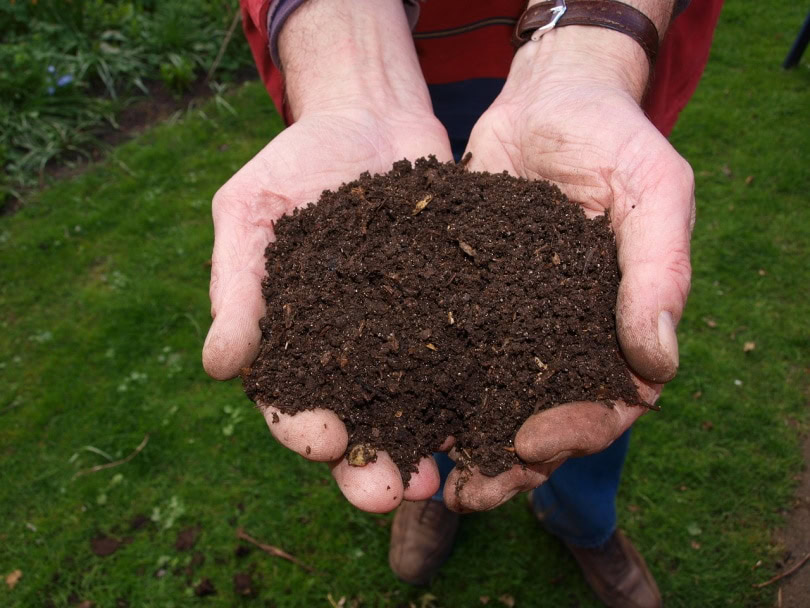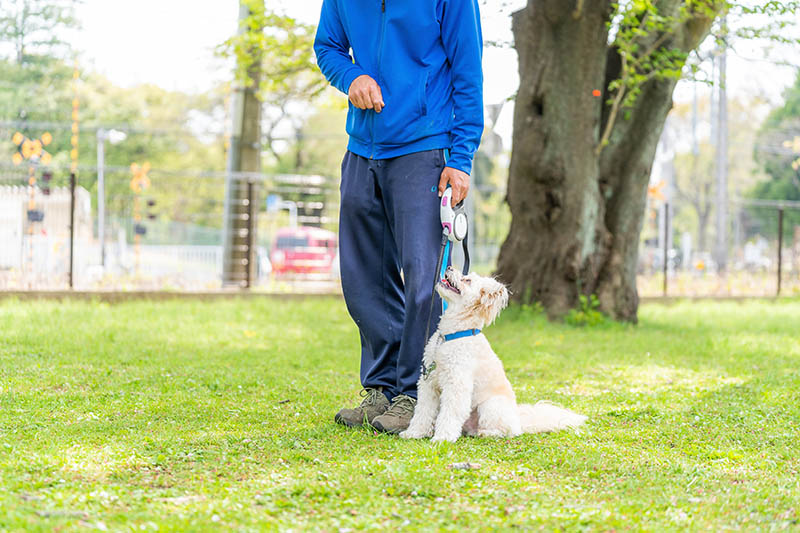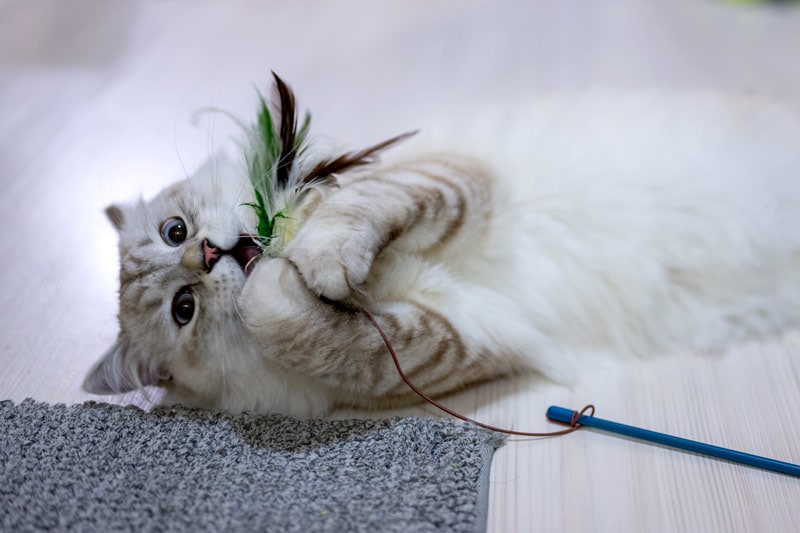VET APPROVED

The information is current and up-to-date in accordance with the latest veterinarian research.
Learn more »Click to Skip Ahead
Composting is an increasingly popular way to dispose of organic material such as food waste, plant materials, and feces, but can you compost dog and cat poop? According to the United States Environmental Protection Agency (EPA), you should not compost your pet’s poop.1 However, ongoing research may influence future guidelines, aiming to strike a balance between public health concerns and emerging evidence that supports safe composting practices under controlled conditions.

What Is Composting?
Composting is a natural process to reduce organic waste by allowing organic material to decompose through the effect of microorganisms. The resulting product is compost, which is a great material for soil health and plant nutrition. While it may not be advised that you compost dog or cat poop, composting is great for the environment and should be strongly considered as a way of disposing of other, suitable organic waste.
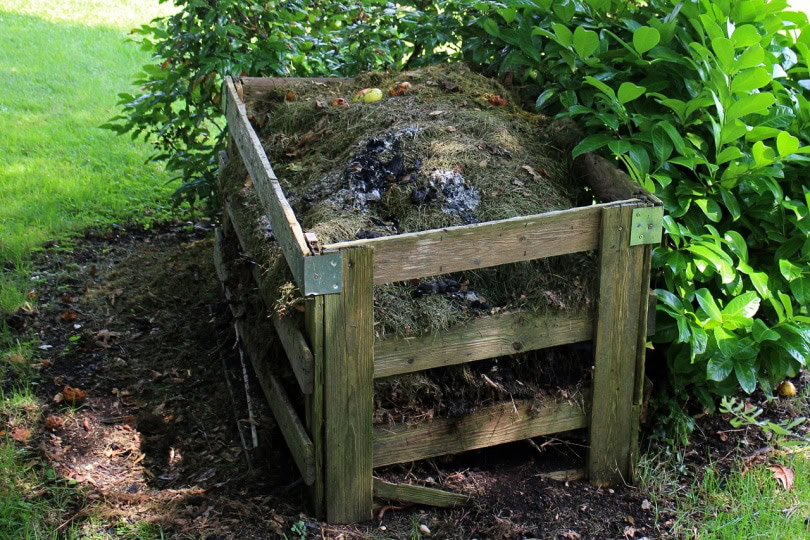
Benefits of Composting
- Enriches soil by adding nutrients
- Helps to retain moisture and suppress plant diseases and pests.
- Reduces the need for chemical fertilizers.
- Introduces valuable organisms to the soil.
- Reduces methane emissions from landfills and lowers carbon footprints.
Why Shouldn’t I Compost Dog Poop?
As a responsible dog owner, it’s your job to pick up after your beloved four-legged friend. If you’re trying to be more environmentally friendly, wouldn’t composting their feces be an ideal way to dispose of it? After all, feces is an organic material and livestock manure is widely used as compost.
The reason it is not widely recommended to compost dog poop is that our pets’ intestines host a wide variety of bacteria, and sometimes, parasites. The presence of certain bacteria in landfills can become hazardous.
Bacteria such as species of Salmonella and Campylobacter, and various parasites including hookworms and roundworms are common pathogens that can be found on dogs’ poop and also pose a risk to humans (zoonoses). When infected dog poop touches the soil, the eggs from these parasites can live within it. This can pose a danger to human and animal health and degrade the quality of the soil.
While it is technically possible to compost dog feces, doing so safely requires maintaining specific conditions. Pathogens such as Salmonella, Campylobacter, and roundworm eggs can only be effectively destroyed if the compost reaches and sustains high temperatures. The U.S. EPA Class A standards for pathogen reduction in composting require maintaining a temperature of at least 55°C (131°F) for three consecutive days to ensure the elimination of most pathogens. Achieving and maintaining these temperatures can be challenging in typical home composting setups, making it difficult to guarantee the complete inactivation of harmful organisms. 
Therefore, compost containing dog waste should never be used on edible plants or vegetable gardens. Even if composted, it’s safest to apply it only around non-edible plants like trees or ornamental shrubs, and only if you’re confident in your composting process. Anyone attempting to compost pet waste should check their local regulations, proceed with caution, and be fully informed about the risks and best practices.
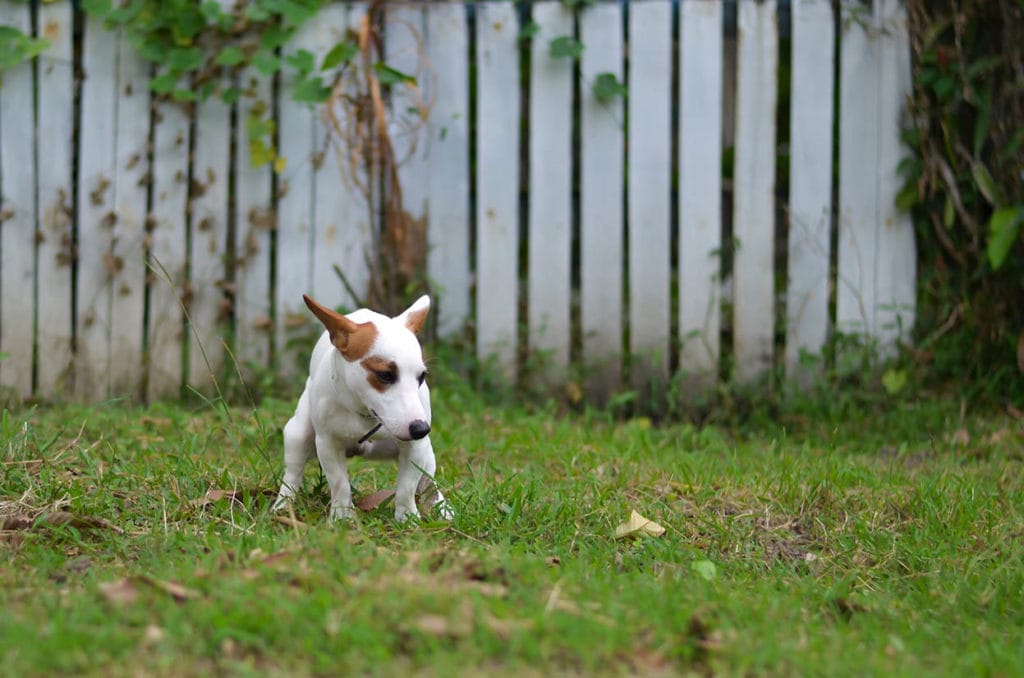
Why Shouldn’t I Compost Cat Poop?
For very similar reasons, the EPA doesn’t recommend composting cat poop. Cats are carnivorous animals, and they can also carry various intestinal bacteria and parasites. Cat feces contains over two and a half times the amount of nitrogen as that of livestock manure.
Cats are the only animal known to excrete Toxoplasma gondii oocysts through their poop. Toxoplasma gondii is a protozoan parasite that causes the disease Toxoplasmosis. This disease can infect most warm-blooded animals and humans. Toxoplasmosis can cause serious complications for pregnant women and those with weakened immune systems. It is best to use all preventative measures to avoid exposure.
In addition to diseases and parasites that can be found in cat poop, you would also have to consider that most cats use litter boxes and many commercial litters are not compostable. Litters containing deodorized crystals or clay litters could not be used in a compost pile. That being said, there are litters derived fully of plant-based material that could be used in compost but the risks associated with the cat poop itself are not worth the trouble.
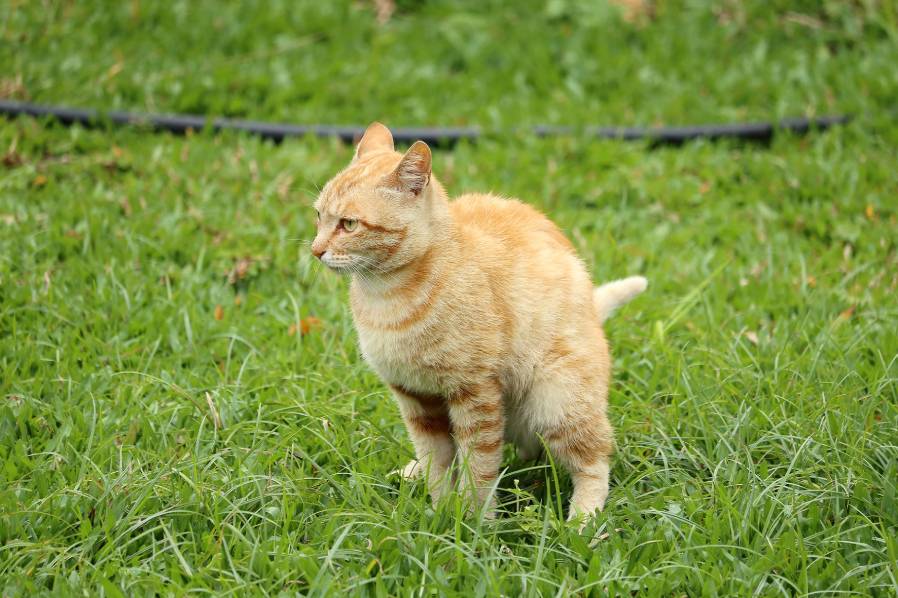
How Do I Properly Dispose of Dog and Cat Poop?
So, if the current recommendations in the U.S. is not to compost dog and cat poop, what is the best way to dispose of your pet’s waste and still be environmentally friendly? For dogs and cats, it is recommended to dispose of their waste in the garbage.

In Conclusion
Pet waste doesn’t simply break down on its own without consequences. If not handled correctly, it can release harmful bacteria, potentially contaminating local water sources. The best approach when walking your dog is to carry waste bags and dispose of them in a trash bin. At home, make it a habit to promptly clean up after your dog or cat, whether from the yard or the litter box, and discard the waste in the garbage to help protect your health and the environment.
Related Reads:
Featured Image Credit: jokevanderleij8, Pixabay
